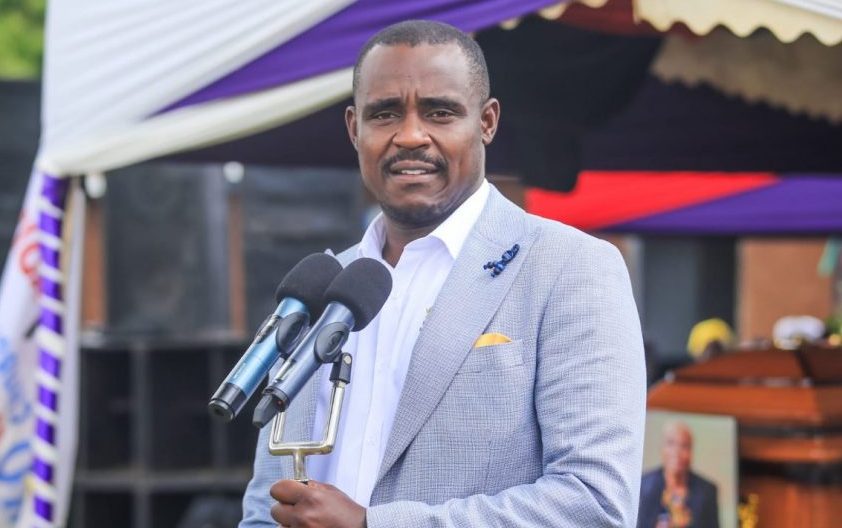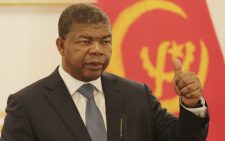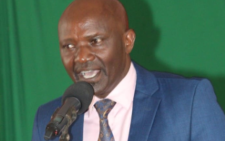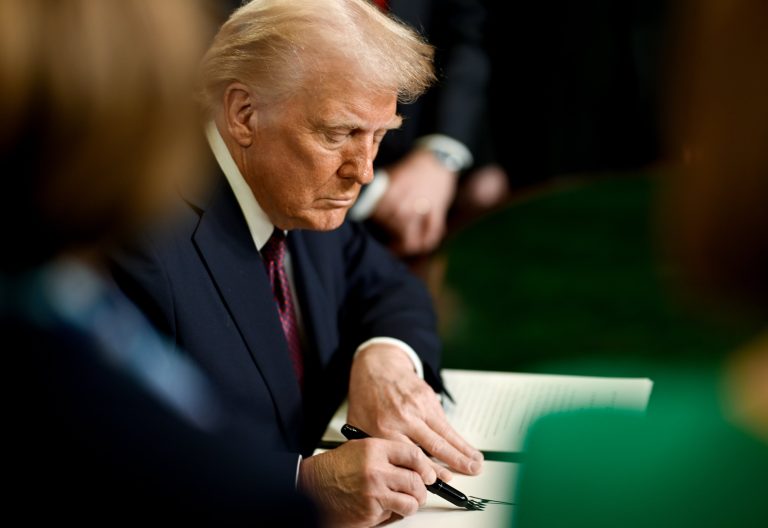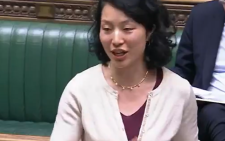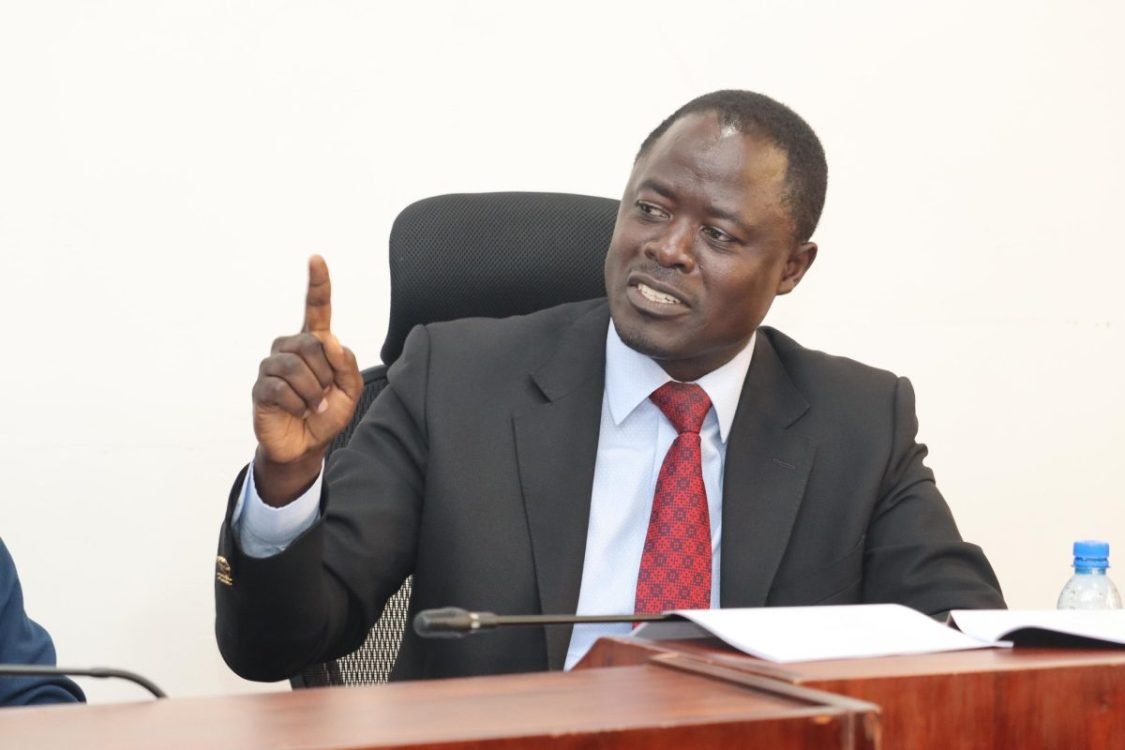Dawn of a new era after death of Desmond Tutu
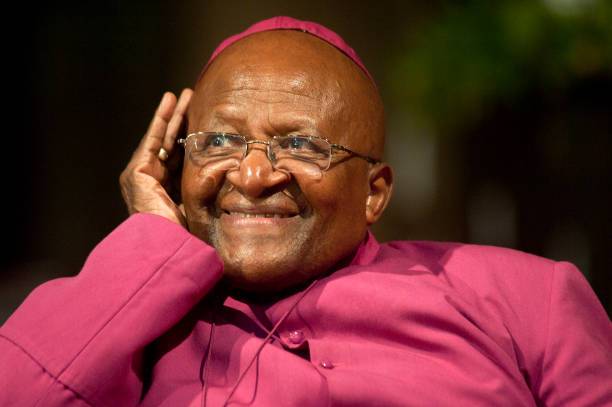
The passing on of Africa’s last freedom fighting icon on December 26, 2021 reverberated both within and outside the continent.
It is not a surprise, seeing that Archbishop Desmond Tutu was renowned in the struggle for independence not just for South Africa and the African continent, but also for many oppressed people globally.
Although branded a “firebrand” by the apartheid South Africa regime, the 90-year-old was a champion of change through non-violence, may be inspired by the late lawyer and civil rights activist Mahatma Gandhi who practiced law in the country.
Tutu’s death comes eight years after that of fellow freedom fighter compatriot, former President Nelson Mandela on December 5, 2013.
Also a Nobel laureate about 10 years later in 1993, Mandela benefited immensely from Tutu’s fight against the White-dominated government, which led to his release in 1990 after 27 years in prison.
It is instructive that unlike Mandela and other notable personalities in the fight against apartheid, Tutu did not dabble in politics, preferring to use the pulpit in passing his messages through ardent evangelisation.
For this reason, the White government found it hard to get physical with him, unlike several others whose activism was met with violence and even death.
His humility, will power and resilience came in handy in the last several years after he was diagnosed with prostate cancer, which is a leading cause of male mortality worldwide. Tutu’s death marks the beginning of another journey for Africa.
The Archbishop has left a lacuna in the continent’s search for new forms of justice in a fast changing international dispensation.
Tutu succeeded in calling out incidents of social injustice perpetrated by the powerful against the weak across the board. Now words must be followed by action.
Today, Africa’s war of liberation is centered mainly on political, economic and environmental injustices.
With the demise of Tutu, so has the age of rhetoric come to an end. It is time for the continent to take both concrete and resolute steps towards achieving many of its unrealised post-colonial dreams.
Africa needs a new breed of leaders who will influence real change in various sectors.
These leaders will be drawn from fields such as media and academia, even sports and the arts. Given the right support, voices of change emanating from these areas are usually powerful agents of change.
Still, icons from any sector require the same values espoused by Tutu for them to be powerful, credible and inspirational.
With colonialism receding into the annals of history, the challenge now is for Africa to detach itself from a not so rosy past and write a future pregnant with hope and promise.
The last couple of generations in the continent thrived on the works and philosophies of leaders represented by Tutu’s contemporaries, based mainly on political independence and nationhood.
But that is water under the bridge and the new cop of leaders must chart a new social, economic and political course for the continent.
There is an emerging crop of leaders in the continent who are adventurous enough to break from our decades-old straight jacket.
Indeed, the fortunes of many African countries that had stagnated are being transformed by the infrastructural support from non-traditional development partners.
Projects that had stalled due to unreasonable conditions given by some donors have been expedited after taking this paradigm shift. Breaking out of this mold requires courageous leadership.
The new war in Africa is not being fought with tears and blood anymore. Those are echoes of a bygone era.
It is now a game of calculations, with countries looking at the opportunity cost of dealing with certain develop partners at the expense of others.
If Tutu inspired change simply by words, then actions can perform magic. — The writer comments on international affairs
